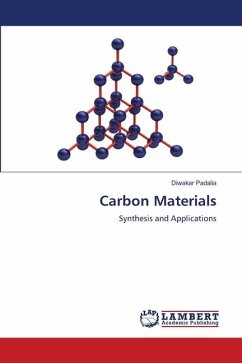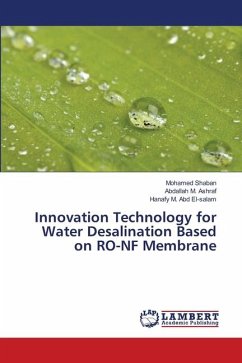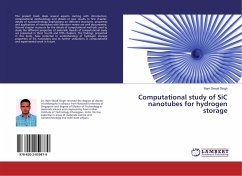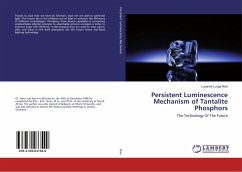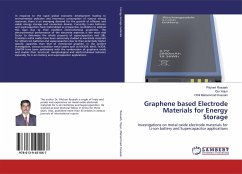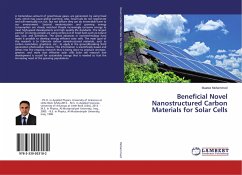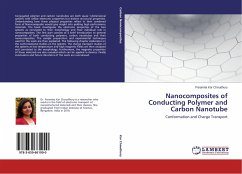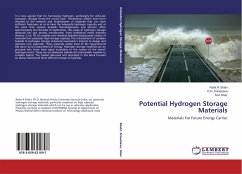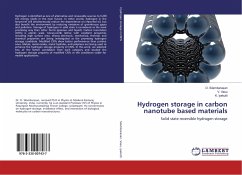
Hydrogen storage in carbon nanotube based materials
Solid state reversible hydrogen storage
Versandkostenfrei!
Versandfertig in 6-10 Tagen
33,99 €
inkl. MwSt.

PAYBACK Punkte
17 °P sammeln!
Hydrogen is identified as one of alternative and renewable sources to fulfill the energy needs in the near future. In other words, hydrogen in the long-term will simultaneously reduce the dependence on imported oil, but also benefit the environment by reducing emissions of greenhouse gases and pollution. Storage of hydrogen in solid state is considered as the most promising way than other forms (gaseous and liquid). Carbon nanotubes (CNTs) is atomic scale, honey-comb lattice with excellent properties including high surface area, strong electronic, mechanical, thermal, and chemical properties a...
Hydrogen is identified as one of alternative and renewable sources to fulfill the energy needs in the near future. In other words, hydrogen in the long-term will simultaneously reduce the dependence on imported oil, but also benefit the environment by reducing emissions of greenhouse gases and pollution. Storage of hydrogen in solid state is considered as the most promising way than other forms (gaseous and liquid). Carbon nanotubes (CNTs) is atomic scale, honey-comb lattice with excellent properties including high surface area, strong electronic, mechanical, thermal, and chemical properties are being investigated as the promising hydrogen storage candidate. Modified CNTs show better performance than pristine ones. Metals, metal oxides, metal hydrides, and polymers are being used to enhance the hydrogen storage property of CNTs. In this work, we selected few of the better candidates from each category and studied the hydrogen storage property of modified CNTs at the conditions viable for mobile applications.




